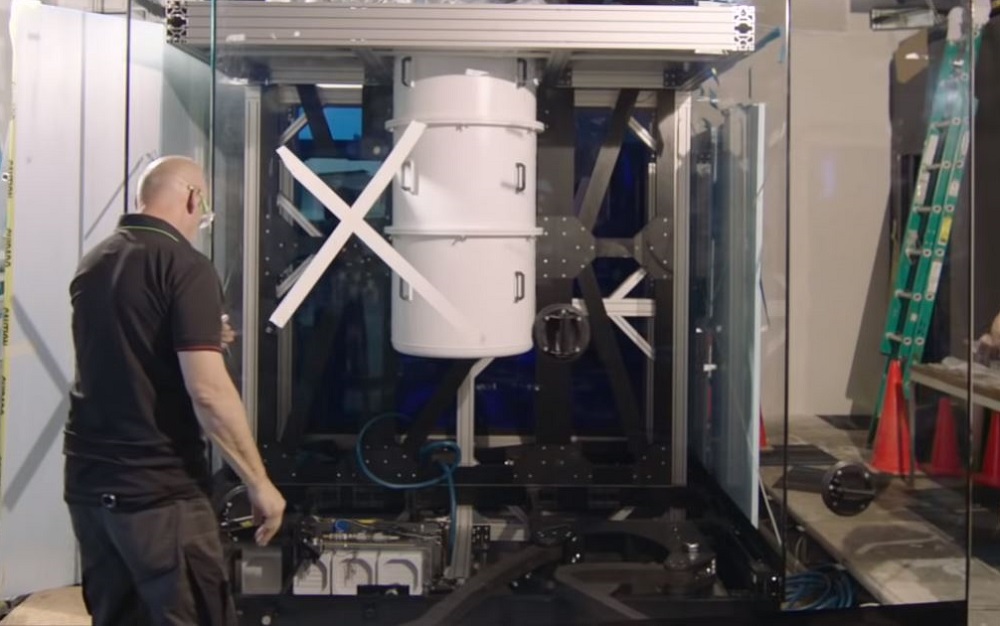IBM Q 'System One' Quantum Computer Leaves the Lab
IBM unveiled the world’s first quantum computing system, called the “IBM Q System One,” at CES. The system will be available for both commercial and scientific use.
First Integrated Quantum Computing System
IBM claimed that this is the first time a universal approximate superconducting quantum computer is going to operate outside the confines of a research lab.
Much like many of the computing systems today, which can combine CPUs, GPUs, ASICs and FPGAs to deliver the best results for a given task, IBM has also combined its quantum processor with other custom components to make its system more useful today:
Quantum hardware designed to be stable and auto-calibrated to give repeatable and predictable high-quality qubits;Cryogenic engineering that delivers a continuous cold and isolated quantum environment;High precision electronics in compact form factors to tightly control large numbers of qubits;Quantum firmware to manage the system health and enable system upgrades without downtime for users; andClassical computation to provide secure cloud access and hybrid execution of quantum algorithms.
This integrated system aims to address the most challenging aspect of quantum computers -- continuously maintaining the quality of qubits used to perform quantum computations. Superconducting qubits lose their special properties within 100 microseconds, due to the ambient noise of vibrations, temperature fluctuations, and electromagnetic waves. This is why quantum system components require careful engineering and isolation, according to IBM.
IBM Quantum Computer Goes Commercial
IBM has been one of the first to develop a universal quantum computer, and it seems it will be one of the first to sell one for commercial use, too. Currently, no quantum computer is of much practical use as quantum systems haven’t even proven that they can be much faster at certain tasks than conventional computers (an idea called “quantum supremacy”).
However, the point of these initial systems is to allow potential customers to get a competitive edge over their own market rivals by starting to develop algorithms for quantum computers and gaining the specialized expertise years before the rest of the industry catches up.
Get Tom's Hardware's best news and in-depth reviews, straight to your inbox.
Once quantum computers can outperform conventional computers in multiple tasks, these companies will be the first to take advantage of them. Some of these potential future applications could be more intelligent investments, better drugs, and faster and cheaper customer deliveries.
IBM Q Ecosystem
Since 2016, IBM has been offering its IBM Q Experience quantum simulation service for free, as well as an open source quantum software development kit, to help software engineers and academics better understand quantum systems. The service boasts over 130 published third-party research papers, 100,000 users and over 6.7 million quantum experiments to date.
IBM also announced that it plans to open its first IBM Q Quantum Computation Center for commercial clients in Poughkeepsie, New York in 2019.
Lucian Armasu is a Contributing Writer for Tom's Hardware US. He covers software news and the issues surrounding privacy and security.
